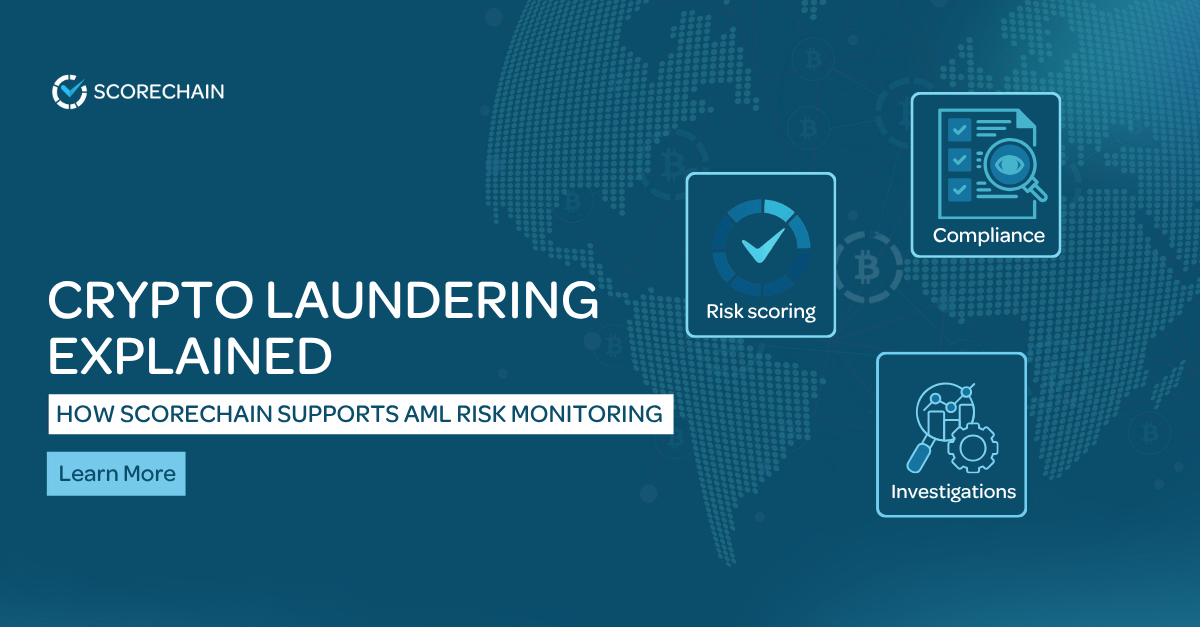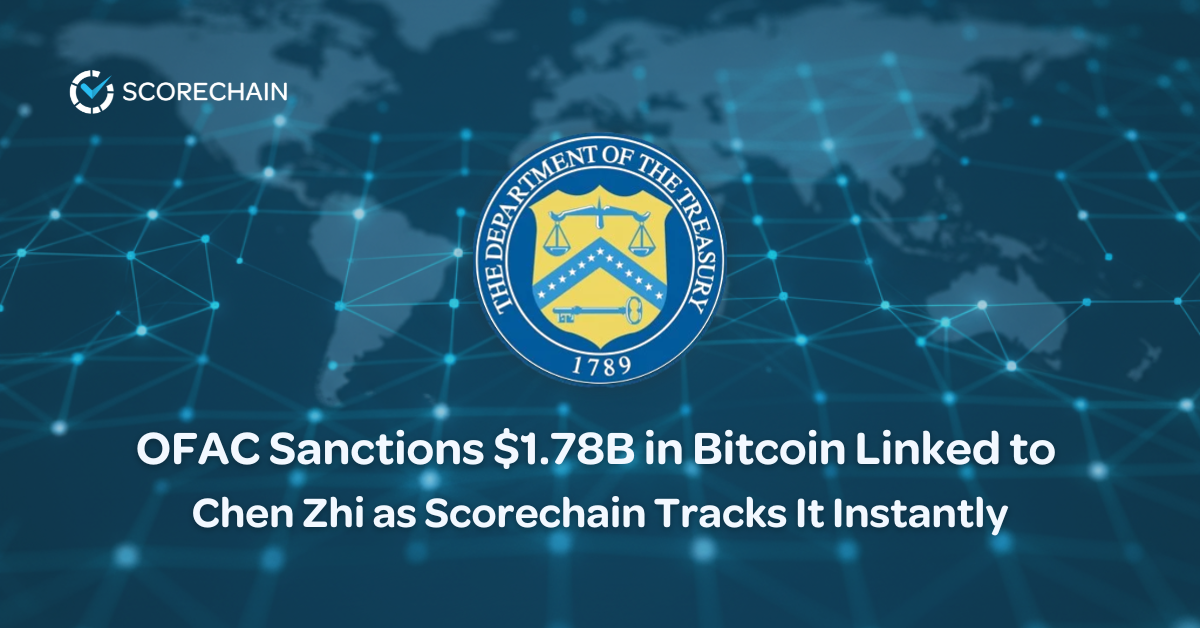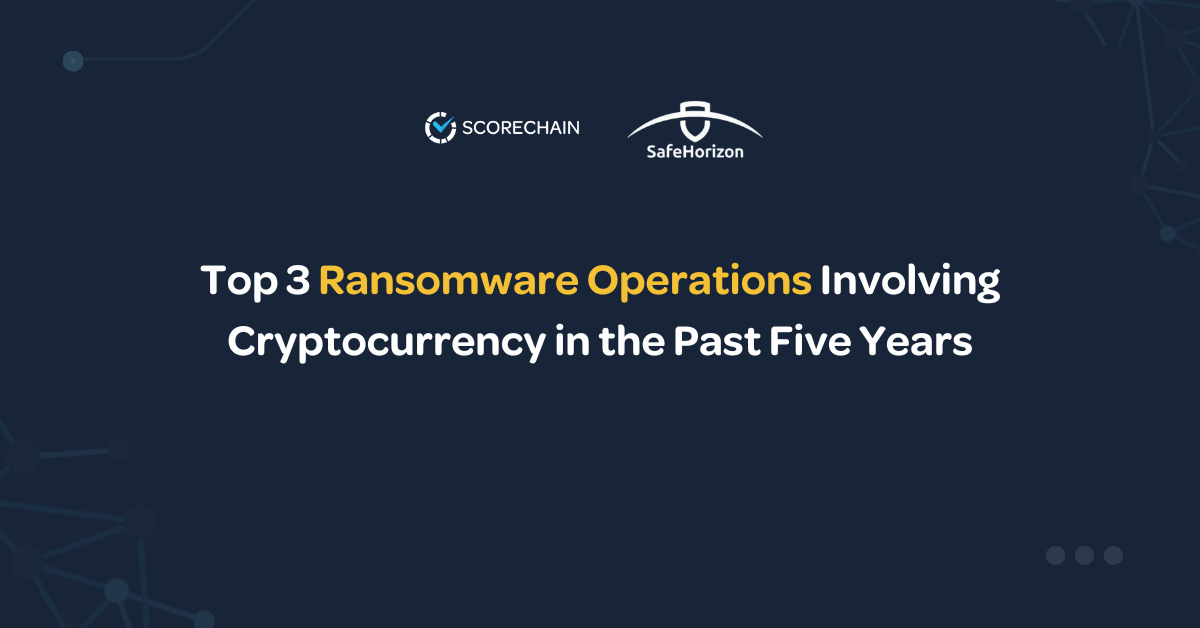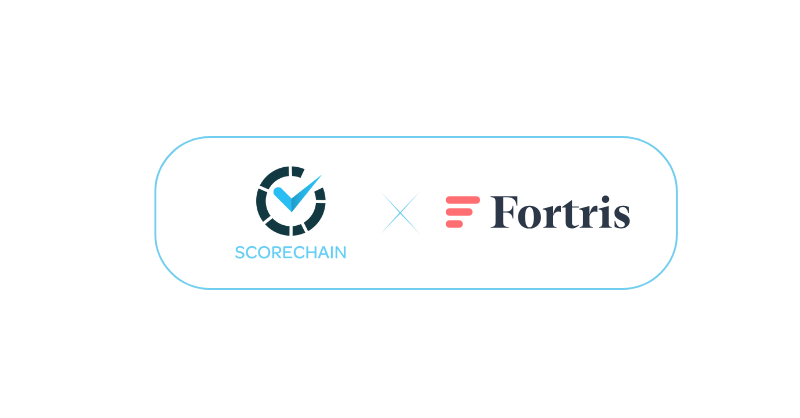Up to now, both personal (resident & non-resident) and foreign corporations in South Korea don’t pay any tax on their crypto profits under the current tax law. Back to the end of last year, the Ministry of Economy and Finance clarified that profits from individual virtual asset transactions are not listed income and are not taxable.1
However, things are evolving, the government has been reviewing international trends and the approaches of other countries to crypto taxation and pushing to amend the existing Korean tax law to include cryptocurrency.
Last month, an amendment notice on taxation policy was released.2 The Ministry of Economy and Finance proposed the crypto taxation: 3
- For residents:
- The total annual income from digital assets above 2.5 million KRW (around $2,000) should be taxed at 20% as “other income”, the profit below this threshold will not be taxed. For example, when the amount of income is 4 million KRW during the taxation period, 1.5 million KRW are taxable (4-2.5 million).
- (tax base) Virtual asset income amount = Transfer consideration (market price) - (Acquisition price + incidental expenses)
- They will be required to keep records of their activity, report and pay to the National Tax Service at the end of the tax year from May 1st to 31st.
- For non-residents and foreign corporations who trade on South Korean exchanges:
- In case of transferring or withdrawing cryptocurrencies through a crypto business operator, the business operator is obligated to withhold tax, and pay monthly withholding tax by the 10th of the following month.
- The taxed amount is the smaller one between 10% of the transfer price and 20% of the transfer margin.
- They are subject to tax treaty and can be exempted from tax by submitting an application for tax exemption or exemption to a virtual asset business operator.
If approved by the National Assembly before September, the new tax code would come into force on Oct. 1, 2021.
According to the government, the new tax code is necessary as major countries have also introduced their own regimes for cryptocurrencies by taxing them as capital gains or other income. Besides, it is reasonable to tax cryptocurrencies as well considering that other assets such as stocks are also taxed on capital gains.
This progress on tax code reminds us of the bill passed earlier this year for the regulation of cryptocurrencies and exchanges in this country, as the crypto regulation is definitely an unavoidable subject when talking about crypto taxation.
In March, South Korea passed a bill to regulate cryptocurrency in line with FATF standards after years of deliberation. It imposes anti-money laundering (AML) obligations on cryptocurrency exchanges and service providers, which should use the real-name verification system with an approved Korean bank and comply with reporting requirements, and they should be in full compliance by September 2021.4
Some domestic economists would consider any taxation or introduction of regulations at the moment as a “stumbling block” for sustainable growth of the crypto industry. The process of pushing the taxation on cryptocurrencies is not without difficulty, the government has attempted to tax cryptos in the past, most recently in January, but failed to enforce the regulations because of different opinions from several ministries on whether crypto was an asset.5
However, it is no doubt that with the development of the cryptocurrency industry, the country is seeking more and more transparency and security in this area with regulatory clarity, especially to align with the international standards regarding the anti-money laundering (AML) and counter terrorism financing (CTF) requirements. The amendment of the tax code to allow the taxation of the cryptocurrency is also a step forward towards the objective of regulating the cryptocurrency, which reflects also the fact that the cryptocurrency industry plays a more and more important role in the country’s economy.
As one of the earliest providers in crypto AML/CTF solution, Scorechain serves worldwide customers to help them implement the risk-based approach and comply with the regulatory requirements. At Scorechain, we keep in close communication with regulators and continuously improve our products to adapt to the evolving regulations with the aim to facilitate companies’ compliance work.
Implementing Scorechain is a good way to operate your crypto business in a compliant way. To know more about our crypto risk & AML solution, welcome to contact us: contact@scorechain.com
--
Updates on Jan 2021:
The new tax code was being pushed forward to January 2022, instead of October 2021 as planned before.7
A 20% tax on crypto gains will apply to profits over 50 million South Korean won ($45,685), and 25% to the gains over 300 million South Korean won ($273,950).
References:
- https://news.bitcoin.com/government-confirms-crypto-profits-not-taxable-in-south-korea/
- Press release: Announcement of tax amendments 2020 http://www.moef.go.kr/nw/nes/detailNesDtaView.do?searchBbsId=MOSFBBS_000000000028&searchNttId=MOSF_000000000041560&menuNo=4010100
- Tax Law Amendment Proposal 2020 (Question and Answer) 2. (3) 가상자산 거래소득에 대한 과세, p43-p46 Taxation on virtual asset transaction income http://www.moef.go.kr/com/synap/synapView.do?atchFileId=ATCH_000000000014833&fileSn=4
- https://news.bitcoin.com/south-korea-bill-cryptocurrency/#:~:text=South%20Korea%20Will%20Now%20Regulate%20Cryptocurrency&text=Previously%2C%20the%20government%20had%20only,was%20no%20actual%20law%20passed.&text=The%20Act%20regulates%20the%20crypto,committee%20in%20November%20last%20year.
- https://news.bitcoin.com/south-korea-to-charge-20-tax-on-bitcoin-profits-under-new-law/#:~:text=South%20Korea%20will%20now%20tax,to%20the%20decision%20on%20Wednesday.
- Amendment to Tax Law 2020 (Detailed Version), 3. (3) 개인의 가상자산소득에 대한 과세, p93-p96 Taxation on virtual asset transaction income http://www.moef.go.kr/com/synap/synapView.do?atchFileId=ATCH_000000000014833&fileSn=6
- https://www.coindesk.com/south-koreas-20-crypto-tax-now-coming-in-2023-report
.png)



















